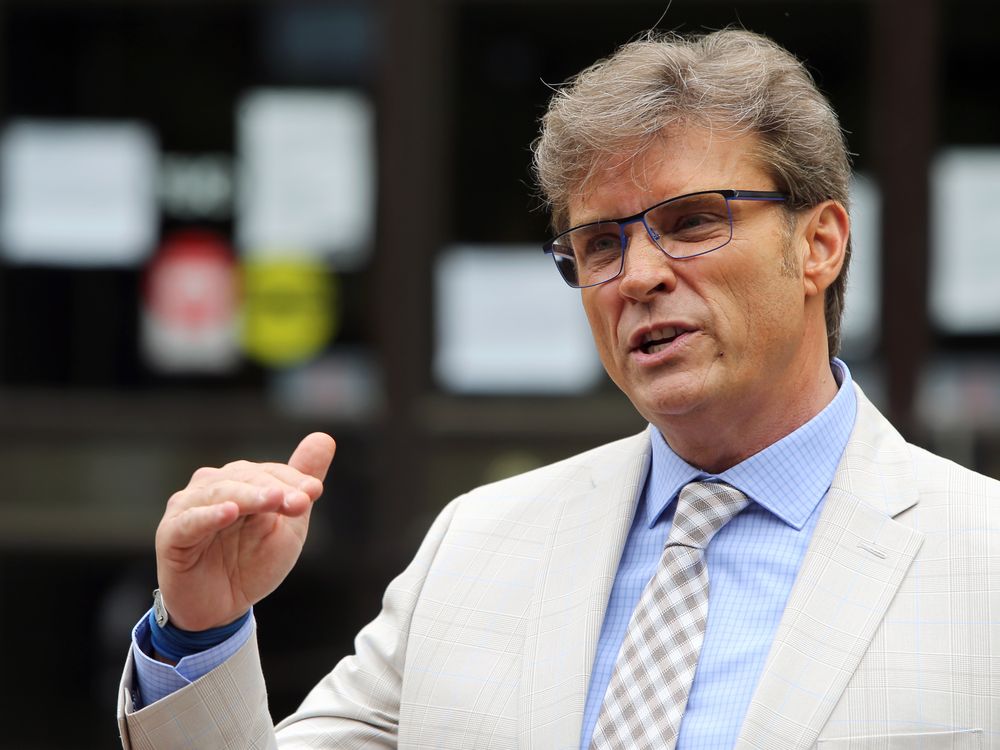No slow in Winnipeg’s meth crisis


Winnipeg’s methamphetamine problem isn’t showing signs of improvement.
Coun. Kevin Klein, (Charleswood – Tuxedo – Westwood) chair of the Winnipeg Police Board, places the blame squarely on the federal government, who he says is dropping the ball by failing to stop the flow of meth from the U.S. He’s also concerned that City Hall could be crossing a boundary when it comes to potentially telling the police service how to function.
“Mayor and council are not allowed to direct, in any way shape or form, the operational procedures for the Winnipeg Police Service, which is standard across all cities in Canada,” he said. “The fact that they’re even talking about it, to me, is shocking because they haven’t talked to the police board.”
Klein mentioned that the U.S Drug Enforcement Administration (DEA) came to the city to speak about meth. He said that profit margins for selling meth are massive. There’s also increased demand for the drug in Winnipeg because of the economic and social hardship brought on by COVID-19.
“So, how do you battle that when you can buy a kilo of it for let’s say $20,000,” he said. “And when you dime it out, your profit is about $100,000. We do everything we can to try and stop the dealers out there, but you can’t stop the shipment of it, because they just switch dealers.”
Story continues below
Klein suggested that someone must take a stand against drug dealers. Unless that happens, Winnipeg will continue to spend millions of dollars in a futile attempt to stop meth dealing and consumption, he said.
“Look at the money the federal government put into the economy immediately for COVID-19 to help people,” he said. “Imagine if we took a percentage of that money to help people who are suffering from addictions, and to double up, or triple up what we’re doing at the border to stop the drugs from coming in.”
In the end, Klein explained that government must reinvest in families and youth. He said many more children will be drawn into the cycle of addiction if the status quo persists.
“Politicians like to talk the talk, but they don’t know what they’re doing,” he said. “We need to start going to the kids to give them hope, and to start giving them a life.”
Coun. Markus Chambers (St. Norbert – Seine River) Winnipeg’s deputy mayor, said that hope for tackling the city’s drug problem is evident in the development of the Bruce Oake Recovery Centre. He said meth has had an enormous impact on the city like no other illicit drug.
“I also understand that it creates a strong grip on the user, forming an addiction that requires more than 21 days in rehab,” he said.
jsnell@postmedia.com
Twitter: JamesWestgateSn
 Pathways Drug Rehabilitation Luxury Addiction Treatment & Detox Center
Pathways Drug Rehabilitation Luxury Addiction Treatment & Detox Center


